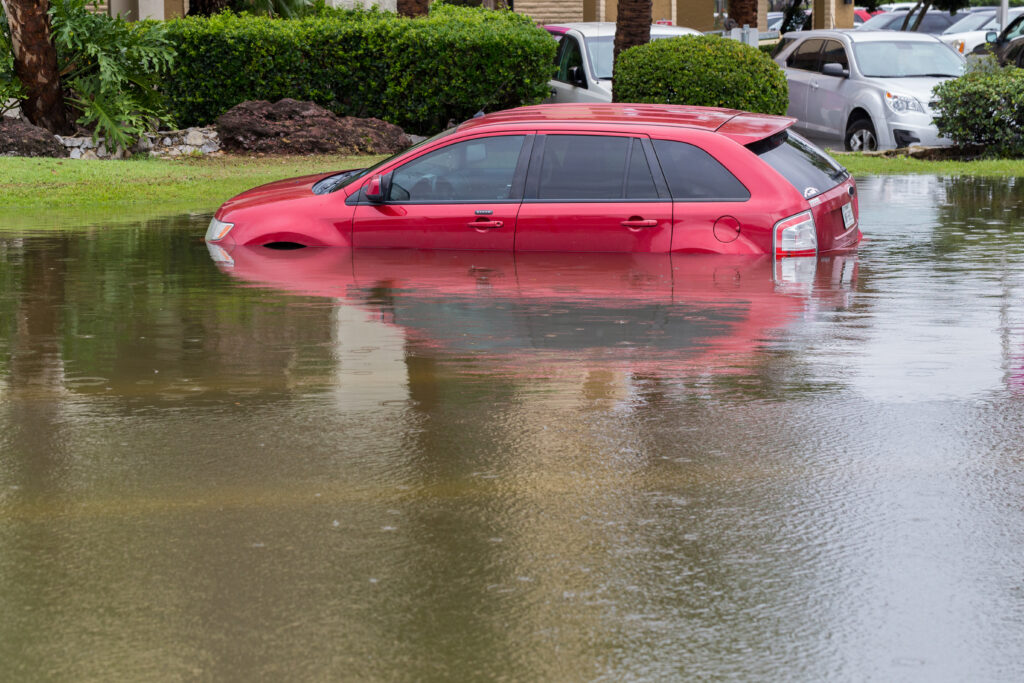When you get behind the wheel, car accidents can happen. How you handle it after the fact is very important. You’ll likely face doing paperwork, filing auto insurance claims, and dealing with the other party that’s involved. Knowing how to report an accident can help lower your stress and possibly save you money.
One of the most common steps after a collision is alerting the DMV and police. Each state has its own requirements for how and when you should disclose an accident. Some only need to be informed if certain conditions are met. You must know when incident reporting is required in your state so you don’t commit a crime or incur fines.
This article will teach you how to communicate your account of an automobile accident to authorities. You’ll learn what each state’s requirements are. This includes when or if you’ll need to do it. We’ll tell you about the criteria that states use in their reporting requirements. We’ll also answer some frequently asked questions.
Who to File an Accident Report With
After an crash, you may need to file a report. There isn’t just one place that you must file with. In many cases, you’ll have to file one with the police. But you may also need to file with your state’s Department of Motor Vehicles (DMV). Who you’ll have to tell about the accident depends on your state’s requirements. States have certain conditions that’ll require you to file with police or the DMV.
Whenever police respond to an incident you can expect them to file their own account. It’s best to wait for the police to arrive at the scene of the accident. This way, you’ll have a police report on file, which can help you later on with filing any claims.
When You May Need to File
Every state has a set of requirements for when you must inform police about an incident involving a vehicle. Many of them share similar requirements, but you should check your state’s requirements if you find yourself in an accident. This way you’ll know for sure when you should file.
Some common vehicle-related incidents conditions warrant reporting, though. Here’s a list of the most common factors that states consider in their requirements:
- Whether the accident results in injury or death. When a death or injury occurs, law enforcement will need a notification. This is a requirement in every state.
- Time limit. Many states give you a certain amount of time to file after the accident has occurred.
- The total cost of damages. When the damages exceed a certain amount, you may need to file with either the police or the DMV. Some states don’t include this. But many others do. In states that do include it, you won’t have to file if the damages are less than the minimum amount and there are no injuries.
When You Don’t Need to File
When the police create a report for your accident, they’ll automatically file another one with the DMV. There’s no need to worry about filing if this is the case. You’ll only have to do so if authorities haven’t done so already.
Law enforcement will also file with the DMV if your accident results in a ticket or violation. This is because that ticket will end up on your driving record and the DMV will want to know about it.
Though, the police may not file with the DMV in time. You’ll have to keep track of the report and make sure that the DMV has it on time. So, if you think the police won’t send it in time, you’ll have to file your own.
State-By-State Incident Reporting Requirements
Each state has its own requirements. This includes a time limit that you have to submit one. Not submitting one in time may be a misdemeanor in some states. Every state requires a detailed account of an incident if death or injury occurs. However, most states have unique minimum report thresholds for property damage sustained in an incident.
The table below will help you understand how and when to disclose the details of a crash in your state . The property damage dollar amounts listed are the minimum each state requires before you should tell the police or DMV about an accident.
Frequently Asked Questions
Do I need to tell the police about a minor fender bender?
You may need to inform the authorities of a fender bender with minor damage. It depends on the state that you live in. Most states have a property damage threshold for when you must disclose your accident. If your state has a certain damage threshold and you’re under that number, it won’t be necessary to tell the police or DMV.
When do I need to report a car accident?
Accident reporting regulation will depend on your state. All states have some sort of deadline for you to disclose a crash with the DMV or police. In many states, you must immediately file. But in others, you might have a few days or even weeks to do so.
Who’s responsible for informing authorities about an accident?
In general, you’re responsible for reporting your accident. But the authorities may file their own when they arrive at the scene. If this is the case, the police will also file with the DMV. But it may not arrive by the deadline. It’s a good idea to file your own with the DMV just in case the police’s doesn’t arrive.


